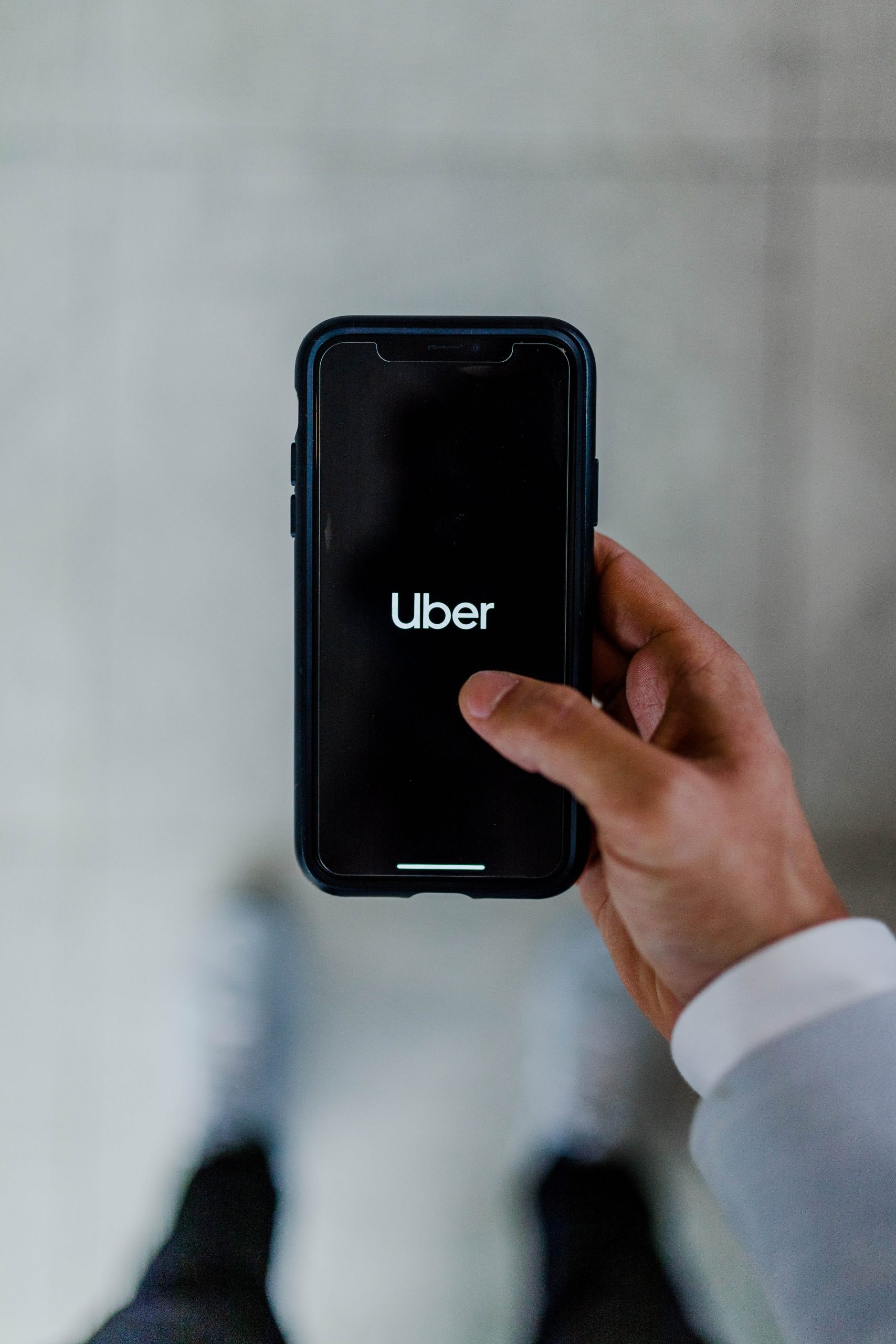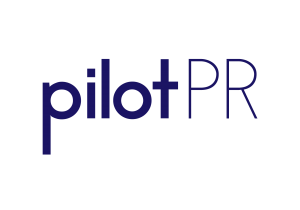While Covid-19 has saturated media reporting for months (a journo friend of mine told me recently that she felt horribly guilty about being excited to hear the George Pell appeal decision. Not excited that the conviction was reversed because that is obviously devastating for everyone involved, but that she actually had something to report on other than coronavirus), the media hasn’t let one lie when it comes to how well companies have or haven’t communicated through this crisis.
Airbnb and Uber were both in the spotlight when they announced redundancies across their businesses in May. Airbnb’s announcement was largely well received or reported on neutrally when they informed their people they were letting go 25% of staff. The empathy they showed the employees who had lost their jobs was noted – the CEO Brian Chesky personally handling the communication with impacted employees – he explained the why and the how, letting those employees keep their company laptops to help with job searching and development, minimum 14-weeks pay, 12-months health insurance in the US, as well as other entitlements.
Uber also reduced their global employee count – by around 3,700 people in May. Employees were told via Zoom and the call was hosted by Uber’s head of Centre for Excellence in the US, Ruffin Chevaleau – not by CEO Dara Khosrowshahi. Dara did however host a call with analysts a few days later, ultimately showing his priority was his bottom line and not his people. This wasn’t perceived well and rightly so.

While we’re not through this crisis yet and there will be new rules and trends for how to build an ethical and robust corporate reputation, here are some elements that are emerging as essential for any business wanting to communicate well during and following this crisis.
1. Look after your people first. Uber and Airbnb aren’t alone in having to reduce the size of their workforce as Covid-19 makes a hard impact on businesses around the world. But what stands them apart is that Airbnb communicated in a human way and by CEO Brian Chesky handling communication, he showed how serious he and his team knew this news was for many of the people losing their jobs. It doesn’t matter if you are leading a business that has to make cuts or you’re fortunate to be retaining your entire workforce, take your people on the journey. Communicate with them often. Tell them what you know and what you’re working to figure out. Communicate in a way that befits the news and tell them first. I’m a recent but pretty dedicated CrossFitter (hold the jokes, I’ve heard them) and the owner of my gym found out that CrossFit CEO Greg Glassman had resigned via social media. What?! This wasn’t acceptable pre-Covid, but with this virus impacting people and industries around the world in ways unimaginable, telling your people first, telling them clearly and treating them like real human beings will be in the spotlight more than it has previously.

2. Embody your brand purpose. In a recent article, Harvard Business Review discusses ‘purpose inertia’. It’s been widely recognised for several years that consumers regard a brand’s purpose as integral to whether they want to do business with them or not, but this article quotes research that found most brands ‘aren’t delivering clearly on this front’. Covid-19 and #blacklivesmatter has pushed brand purpose to the fore again because no longer can brands afford to be unclear about their purpose or communicate their purpose for the sake of it. The businesses and brands that are clear and live their purpose through their brand promise, products and services, communications, leadership, decision-making and people culture, while communicating it clearly and effectively, will emerge with stronger reputation in the future. As HBR says, ‘For once, leaders can boldly let brand purpose drive business decisions.’
3. Take your stakeholders on the journey. Don’t just tell them about the wins and the launches, the innovations and the donations. Show them how you got there. Show them the real issues the business is tackling. Show them the thinking behind what the company is doing. Show them who from your business is managing these changes. Share timings, milestones and critical deadlines. Of course, give the business some leeway with announcing timings but be prepared to show your audiences how you got there, rather than just announcing with fanfare when you get to the destination.
4. Be consistent. This is PR 101, but the uncertainty people are living with means it needs to be mentioned here. Plus, the overall theme of these recommendations are that businesses need to communicate more – it’s expected and companies should take it as their duty. Increased communication means businesses need to put more resources to comms so it can be done effectively and to ensure your brand’s messaging, tone and outreach is consistent across all platforms and all audiences. A senior comms person or consultant should be in the room with executive decision makers so they can devise the comms strategy as a priority.
 The brands communications director should be in the room at executive meetings
The brands communications director should be in the room at executive meetings
5. Build your audiences on the platforms where you can have direct engagement. The big brands do this well already, but with the shrinking of news media (even more so over the past few months with title closures across some of Australia’s major publishers), brands that have used platforms like LinkedIn or Twitter as an after-thought in the past have the opportunity to prioritise them and build engaged, targeted audiences that potentially have more value in the long-term than a piece of high quality media coverage in a national masthead (or as much value).
6. Be willing to be an advocate. The devastation of Covid-19 and the attention George Floyd’s death has brought to the Black Lives Matter movement mean that brands can no longer sit on the fence, maybe have an employee volunteering program or donate generously when a catastrophe impacts their region or industry (eg. the generous support for Australia’s devastating summer of bushfires). From now on, not only do companies need to be willing, but they also need to be transparent about the stand they are taking on important political, societal and environmental issues. Now more than ever, businesses will be accountable to do what’s right, whether it impacts their bottom line or not. Consumers expect the brands they buy from to do what’s right, not do what’s right as long as it doesn’t impact their share price, dividend or profitability.
 George Floyd’s death in the US turned global attention to the #BlackLivesMatter movement
George Floyd’s death in the US turned global attention to the #BlackLivesMatter movement
Being an advocate means communicating your policies on important issues clearly and making them easy to find. It means communicating them proactively to your people, partners, industry, the media, prospects, government and agencies. Being an advocate will be about companies doing what’s right for their people and stakeholders, not just acting like a good corporate citizen to aid perception. Your people will see through that now. I know it’s been used a bit lately, but this is true for individuals and it’s true for companies: If you don’t stand for something, you’ll fall for anything.
7. Show them what the future looks like. This is hard right now because for many companies and industries, it’s not clear what the future looks like. But you can tell them about what you’re starting to see. Or how you’re planning on getting there. Tell them about your commitment to your customers or clients, how you’ll be innovating and adapting. How you’ll be protecting the interests of your people. And how the business plans on coming out the other side.
 Business can bring people together for good
Business can bring people together for good
8. Create a sense of community. This has been a priority for companies and executive leaders during lockdown. How can you instill a sense of community with the people you lead, your online communities, your customers when human interaction is so limited? But when you consider brands’ heightened role as advocates for what’s right, the expectation of brands to tell the why as well as the what and the how, the requirement of companies to be more transparent than ever and the increased focus on building engaged audiences on online platforms, the expectation of businesses creating a sense of community is one that I think will stay. How will your business bring people together? How will you create a shared sense of interest with your customers, partners or clients? How will your business tell its story? And how will you share – not just the wins, but the challenges, the difficult conversations, the setbacks and of course, the sense of achievement when the business, your industry, your country’s economy, the global economy, health systems and the health of individuals worldwide overcome this?



